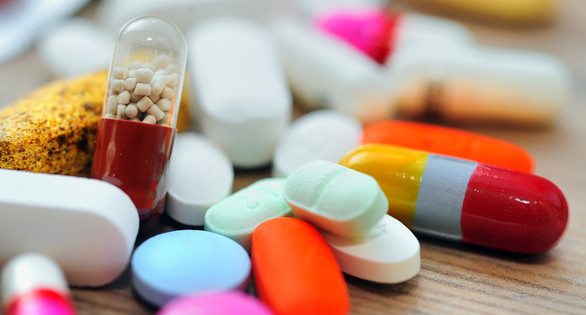The rising cost of drugs in Nigeria today is, to say the least, worrisome, especially for those with health challenges, and whose survival depend largely on regular medication. Recently, the prices of drugs have assumed an upward swing that is considered perilous to the nation’s healthcare delivery efforts. The cost of basic drugs, such as antibiotics, analgesics, anti-diabetics as well as medications for critical health conditions, has skyrocketed in most instances, leaving ailing Nigerians struggling to access healthcare.
But more worrisome is the fact that prices of drugs have gone out of the reach of most Nigerians, those we call the ordinary people. And this, largely, is due to the crises in the foreign exchange market and the energy sector which are impacting negatively on the overall cost of production in the real sector of which pharmaceutical companies are part.
Even more disturbing is the mass exodus of foreign pharmaceutical companies that were based in the country. Recently, the prices of most analgesics, common cold medicines, antibiotics, and antimalarials, have risen astronomically.
Frighteningly, most patients in Nigeria are torn between choices: buy the expensive drugs at all cost and stay alive or forgo it and put one’s life in danger. For instance, Ventolin Inhaler that was sold for N4,000 until few months ago, now sells for N15,500, an increase of almost 300 per cent. Apart from drugs, the cost of running medical tests is another major source of concern for people who need those critical examinations.
While this scenario is playing out, we are compelled to interrogate the utilization of the N100 billion disbursed by federal government to indigenous pharmaceutical manufacturers and healthcare investors as loans. The fund was meant to help expand their capital base and boost local production of medicines and medical consumables. But how far did this go in creating an enabling environment for the local manufacturers? Was there any form of monitoring by relevant agencies of government to ensure judicious use of the fund?
That healthcare is becoming so expensive is a pointer to the inexorable fact that something went wrong somewhere as far as the judicious use of that fund is concerned. And the nation is obviously bearing the brunt, especially the more vulnerable groups, such as children, pregnant women, the elderly, and those with underlying or pre-existing health conditions as well as those who need regular medication.
Given this situation, it has become pertinent that the federal government should introduce public health campaigns to focus on preventive care and lifestyle adjustments to mitigate the need for pharmaceutical interventions, thereby easing financial burdens on the people.
It is in this light that we welcome the plan by President Bola Ahmed Tinubu, who recently issued an Executive Order to curb escalating drug prices in the short term and ensure the domestication of imported drugs in the long term all within the next three years. We commend him for this. However, we suggest that the Executive Order should address all the challenges in the health sector.
It is also heartwarming that, as part of efforts to fortify the pharmaceutical infrastructure across the country, the federal government has initiated the construction of pharmaceutical-grade warehouses in 21 states in collaboration with the Drug Management Agencies.
It should, also, put in place measures that would help in boosting local production of pharmaceuticals, promotion of herbal and other traditional medicines, as well as broadening access to health insurance coverage for the masses. Encouraging and bolstering local pharmaceutical manufacturing can reduce dependence on imports, thus slashing costs by eliminating import expenses and the attendant foreign exchange challenges.
The government and relevant agencies should intensify efforts towards broadening access to health insurance coverage that can assist the people, especially patients who are contending with health issues, in managing the financial strain of pharmaceutical expenses by providing support with medication costs.
While this is ongoing, the government needs to urgently address the forex crisis in the country to stabilize the exchange rate and foster a favorable business environment to attract foreign pharmaceutical companies back to Nigeria. This can be done if the banks make single digit credit available to pharmaceutical manufacturers to boost their working capital while the health authorities are streamlining regulatory processes, as well as enforcing stringent standards for both locally produced and imported drugs. Such a measure will instill confidence in the pharmaceutical sector and safeguard consumers.
The situation in the country today, is a disaster foretold. Either as a result of lack of planning or a failure to effectively implement the right policies, the people are forced to live with its consequences. The matter, in our opinion, is serious enough for the government to consider declaring a state of emergency in the health sector, especially, in the area of local manufacture of drugs, so as to ease the burden of rising costs of medicines and healthcare on Nigerians.










